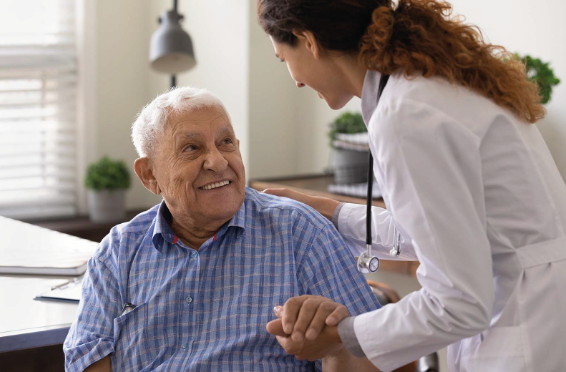Elder Abuse
Prevention

Elder abuse in nursing homes is a critical issue for all staff and residents. Our program is designed to develop the behaviors necessary for healthcare professionals, caregivers, and administrators to identify, prevent, and address elder abuse. This course emphasizes a practical and proactive approach to safeguarding the well-being and dignity of all residents. The key component of this program is the understanding that elder abuse is defined as an act that knowingly, intentionally, or negligently causes or creates a serious risk of harm to an older person. The act could be by a family member, caregiver, or other person in a trusted position. The user will develop an understanding of the types of elder abuse, including physical, emotional, sexual, financial, and neglect. An important aspect of the program is to help guide the user to identify warning signs and symptoms of elder abuse. In addition, the user will acquire strategies to prevent abuse and develop behaviors that foster a culture of respect and dignity within nursing homes. The user will also understand the appropriate steps to take when abuse is suspected or confirmed, including reporting and supporting the affected individuals.
Course Objectives
- Learn the types of elder abuse, including physical, emotional, sexual, financial, and neglect.
- Learn to identify the warning signs and symptoms of elder abuse
- Develop and implement effective strategies to prevent abuse, creating a safe and supportive environment for residents.
- Foster a culture of respect and dignity within nursing homes, ensuring that residents’ rights are upheld.
- Understand the appropriate steps to take when abuse is suspected or confirmed, including reporting and supporting the affected individuals.
